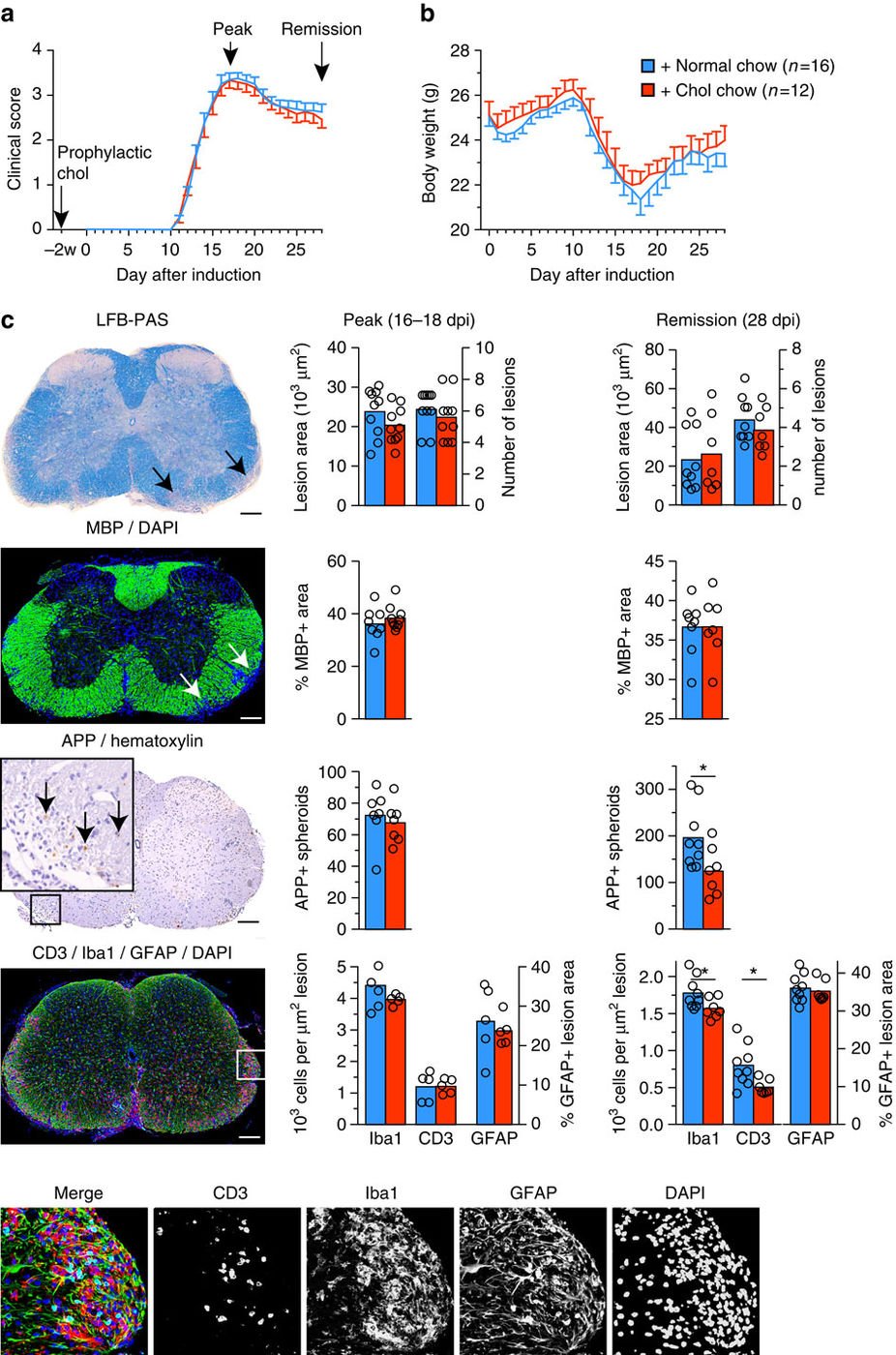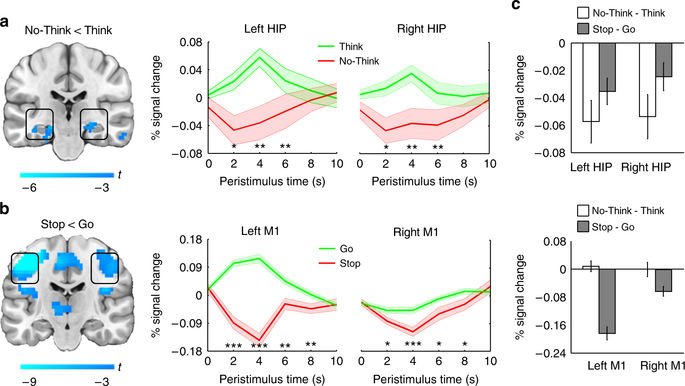Most people agree that procrastination is not good, but is it always bad? This article list 10 reasons procrastination is good. Here are some highlights:
1. Procrastination helps you learn to manage delay.
The ancient Greeks knew a thing or two about living the good life. In fact, Greek philosophers highly valued procrastination, as much as stating that it is good to learn to manage delay. Of course, there’s a significant difference between active and passive procrastination, where the former can be considered good and the latter — just sitting around doing nothing, for example — is decidedly in the category of bad. Knowing when to act, even though that may mean delaying action, is good advice.
2. Procrastination provides time to reflect on what’s most important.
You need time to think about what matters most in life. Not in the sense that you’re contemplating weighty philosophical issues, simply what’s most important to you. By taking your time to think through some things – or think of nothing at all so that your mind can clear, you’ll discover the kernels of importance that reside in your mind and heart. Then, you can act accordingly.
3. Much better decisions may result from procrastination.
Rushing in to deal with this or that task, project or item on your list of things to do doesn’t necessarily mean they’ll be done well or provide any meaningful satisfaction for their completion. You might also find yourself accepting projects and tasks that aren’t right for you, that you’re ill-equipped to handle, shouldn’t do because they’re someone else’s responsibility, or it’s simply not the right time to get started on them. Just because something is on a list is not always a green light to work on them. By procrastinating, your decision may be better informed as a result.
4. Prioritization may be the offshoot of procrastination.
If you’re putting off things, procrastination could help you jumpstart prioritizing. This is helpful to get rid of unnecessary tasks, things you might have begun that weren’t worth your time, at least now.
5. Cooler heads prevail when you procrastinate saying you’re sorry.
While you might feel pressure to apologize when you’ve wronged another and anxious to get it over with, if you push yourself to do it immediately, who knows what might come out of your mouth? This is a case where allowing yourself time to think carefully about what and how (and perhaps where and when) you’ll issue the apology will result in a better, sincerer apology. Even if it’s taking an hour or so and breathing in and out deeply, you’ll be in a calmer state of mind and your tone of voice and body language will be more relaxed.












